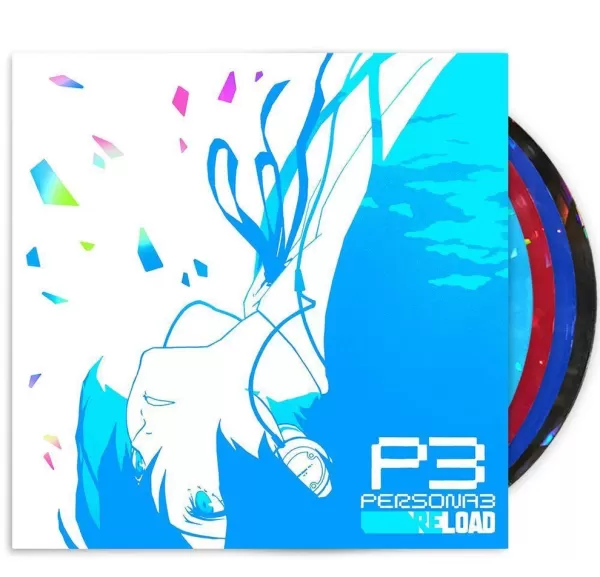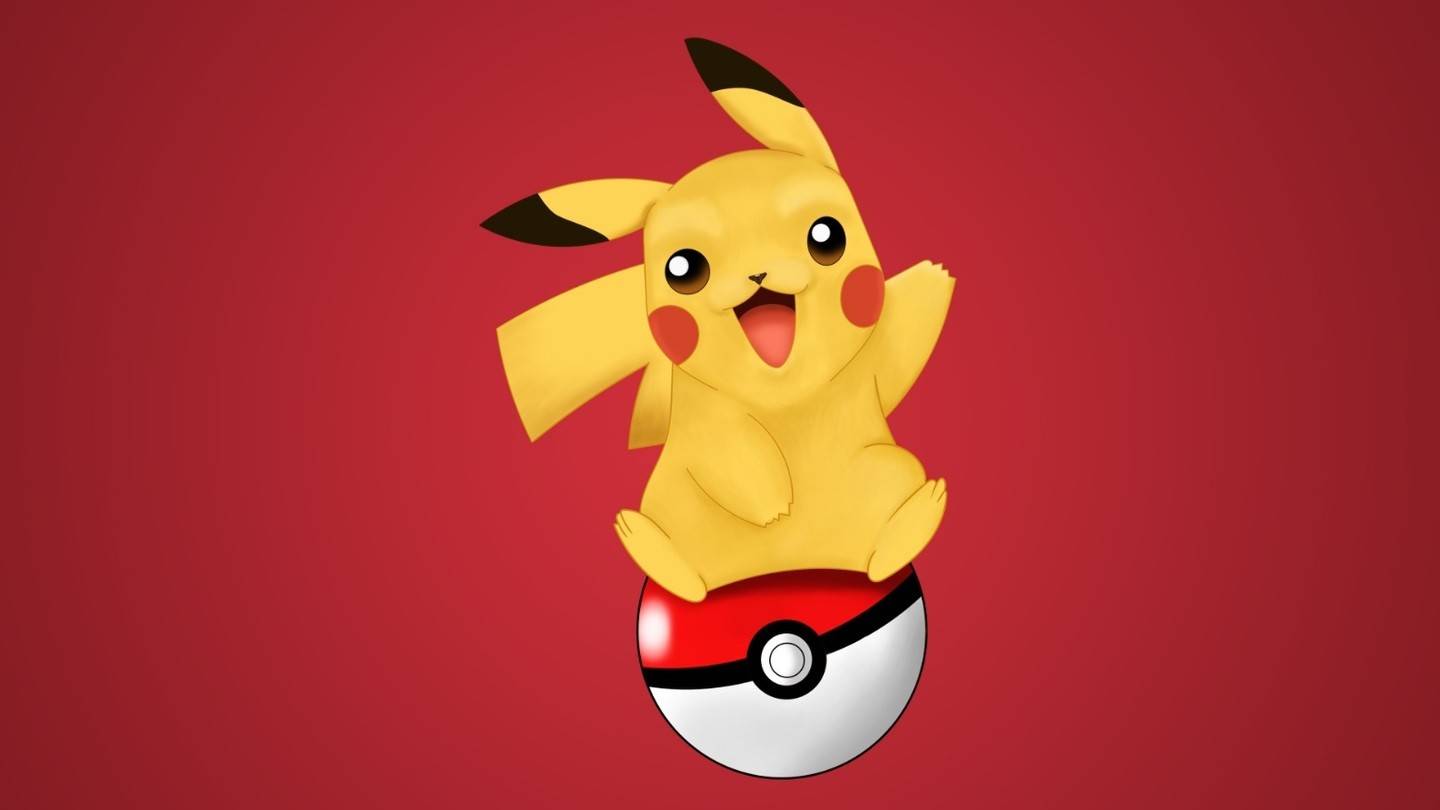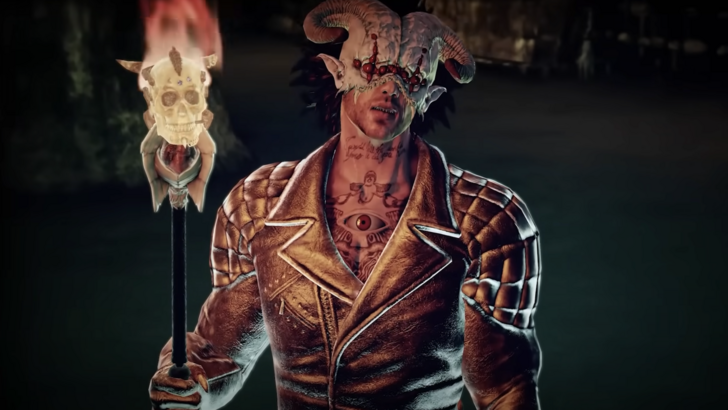 The upcoming October release of Shadows of the Damned: Hella Remastered has reignited criticism of Japan's CERO age rating system, with the game's creators expressing their disappointment over censorship imposed on the Japanese release.
The upcoming October release of Shadows of the Damned: Hella Remastered has reignited criticism of Japan's CERO age rating system, with the game's creators expressing their disappointment over censorship imposed on the Japanese release.
Suda51 and Shinji Mikami Condemn Shadows of the Damned's Censorship
CERO Faces Renewed Backlash
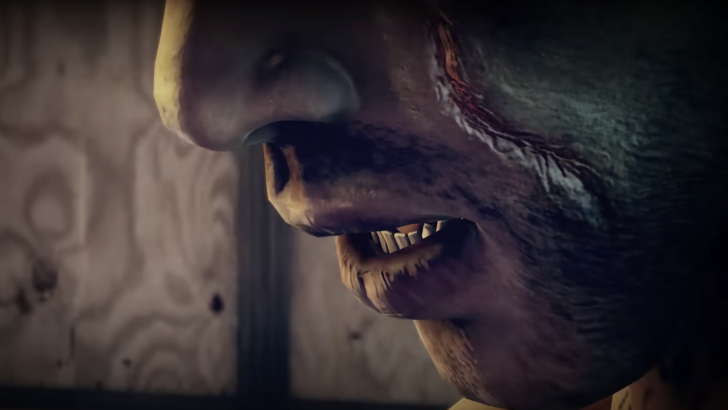 Suda51 and Shinji Mikami, the creative minds behind Shadows of the Damned, have voiced their frustration with Japan's CERO rating board. Their criticism stems from the censorship applied to the remastered version of their game for Japanese consoles. In an interview with GameSpark, they openly criticized CERO's restrictive policies and questioned the rationale behind them.
Suda51 and Shinji Mikami, the creative minds behind Shadows of the Damned, have voiced their frustration with Japan's CERO rating board. Their criticism stems from the censorship applied to the remastered version of their game for Japanese consoles. In an interview with GameSpark, they openly criticized CERO's restrictive policies and questioned the rationale behind them.
Suda51, known for his work on Killer7 and the No More Heroes series, confirmed the necessity of creating two versions of the game – a censored version for Japan and an uncensored version for other regions. He highlighted the significant increase in workload and development time this required.
Shinji Mikami, renowned for his work on mature titles like Resident Evil, Dino Crisis, and God Hand, expressed concern that CERO is out of sync with modern gamers. He argued that non-gamers imposing censorship prevents players from experiencing the game's intended content, despite a clear audience for mature titles.
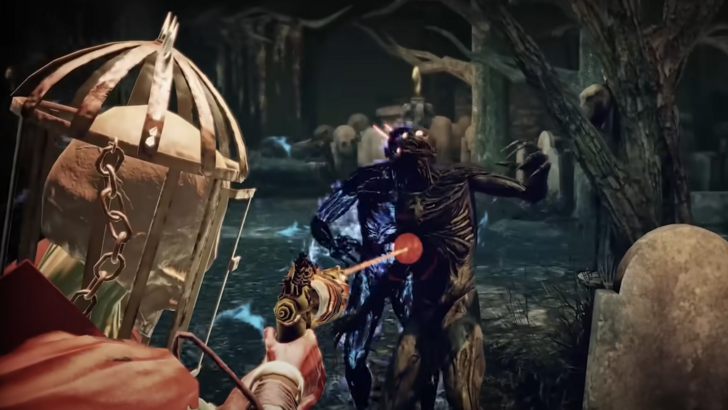 CERO's rating system, encompassing categories like CERO D (17+) and CERO Z (18+), has been a subject of debate. Mikami's original Resident Evil, a pioneering horror title, featured graphic content, a characteristic maintained in the 2015 remake, which received a CERO Z rating.
CERO's rating system, encompassing categories like CERO D (17+) and CERO Z (18+), has been a subject of debate. Mikami's original Resident Evil, a pioneering horror title, featured graphic content, a characteristic maintained in the 2015 remake, which received a CERO Z rating.
Suda51 questioned the effectiveness and target audience of these restrictions, stating that the process seems disconnected from the players' desires. He emphasized the lack of clarity regarding the purpose and intended beneficiaries of such censorship.
This isn't the first instance of CERO facing criticism. In April, EA Japan's Shaun Noguchi highlighted inconsistencies in CERO's ratings, citing the approval of Stellar Blade (CERO D) while rejecting Dead Space. This latest controversy further underscores the ongoing debate surrounding game censorship in Japan.

 The upcoming October release of Shadows of the Damned: Hella Remastered has reignited criticism of Japan's CERO age rating system, with the game's creators expressing their disappointment over censorship imposed on the Japanese release.
The upcoming October release of Shadows of the Damned: Hella Remastered has reignited criticism of Japan's CERO age rating system, with the game's creators expressing their disappointment over censorship imposed on the Japanese release. Suda51 and Shinji Mikami, the creative minds behind Shadows of the Damned, have voiced their frustration with Japan's CERO rating board. Their criticism stems from the censorship applied to the remastered version of their game for Japanese consoles. In an interview with GameSpark, they openly criticized CERO's restrictive policies and questioned the rationale behind them.
Suda51 and Shinji Mikami, the creative minds behind Shadows of the Damned, have voiced their frustration with Japan's CERO rating board. Their criticism stems from the censorship applied to the remastered version of their game for Japanese consoles. In an interview with GameSpark, they openly criticized CERO's restrictive policies and questioned the rationale behind them. CERO's rating system, encompassing categories like CERO D (17+) and CERO Z (18+), has been a subject of debate. Mikami's original Resident Evil, a pioneering horror title, featured graphic content, a characteristic maintained in the 2015 remake, which received a CERO Z rating.
CERO's rating system, encompassing categories like CERO D (17+) and CERO Z (18+), has been a subject of debate. Mikami's original Resident Evil, a pioneering horror title, featured graphic content, a characteristic maintained in the 2015 remake, which received a CERO Z rating. LATEST ARTICLES
LATEST ARTICLES 